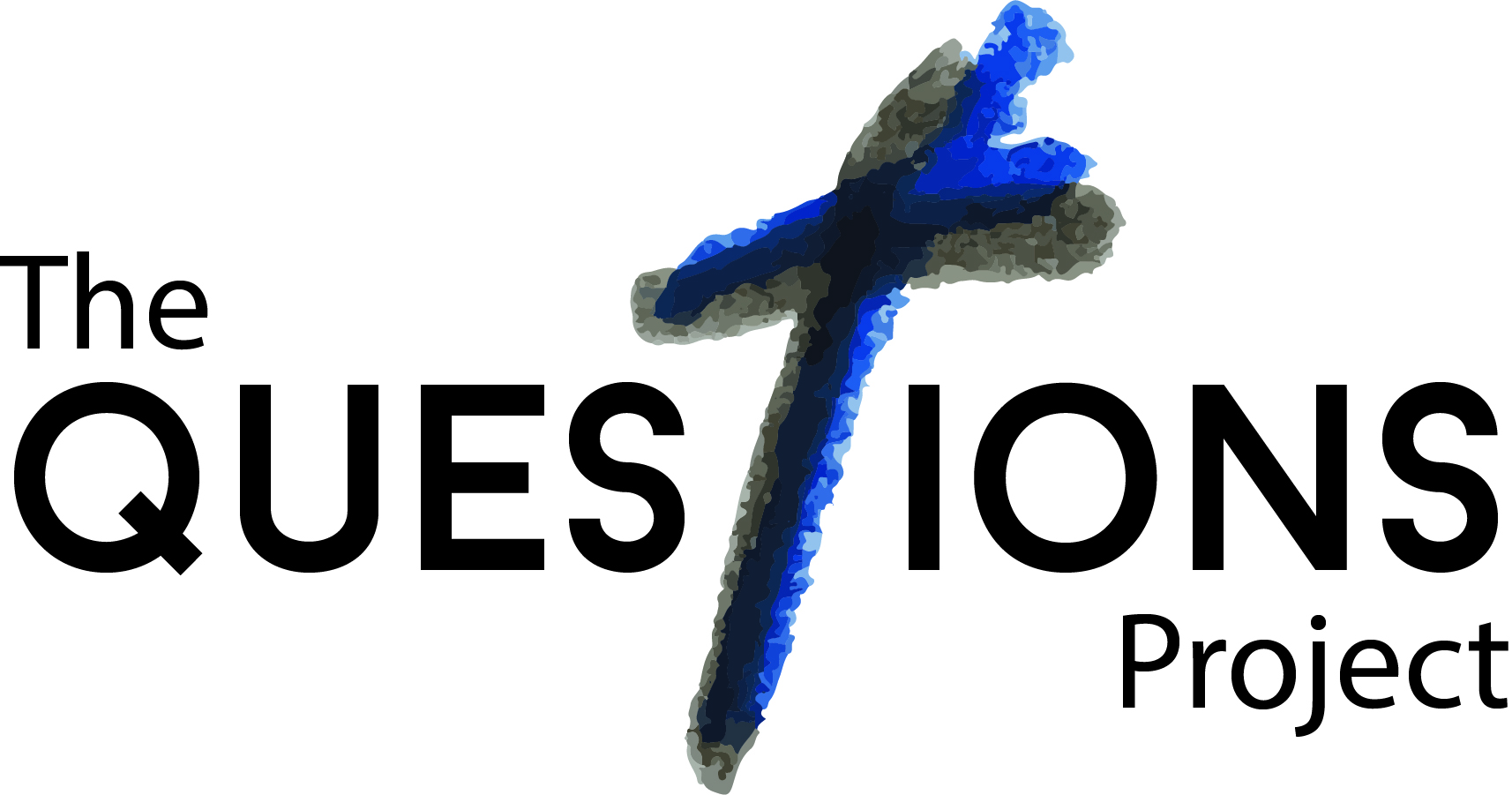This time of COVID is feeling like a long, tiresome car ride. We’re strapped in, counting the miles and the minutes until we reach our longed-for destination– “Back to Normal”– although no one seems to know exactly how much further we have to until we get there. We want so much to arrive back home– to a life that’s spacious enough to move around in, familiar and safe.
Held captive in our car seats for too long, we’ve arrived at election season as irritable as young children tired of being held hostage in car seats; we are in fighting mode. Like sparring siblings, we draw dividing lines between us and hurl insults and accusations at one another. We want our side, (whichever side we are on), to win. And desperately, fiercely, we want the other side to lose. We are sure that, on our side of the car, we are right and good. On the other side of the car, clearly, that person over there is selfish and greedy and bad.
Human beings are social creatures. From a young age, we compare ourselves to others. First, we measure ourselves against our siblings, then our classmates and friends. As adults, we notice who is wealthier, more educated, better looking. We label ourselves and one another in countless, creative ways. We are always paying attention to who is “better,” who is “worse,” and where we sit in the mix. Sibling rivalry in the backseat, it seems, is preparation for a complex, competitive adult reality.
Being a person of faith is not likely to raise your status in the world. In fact, orienting your life toward God may end up having the opposite effect. Churchgoers are often treated with a bit of suspicion, or at least bewilderment, by a culture that has grown disconnected from religious traditions and beliefs. I vividly remember how dramatically my life changed when I became an Episcopal priest. Once I put that plastic, white clerical collar around my neck, people reacted to me in new and unexpected ways. Some people would avoid my gaze; others appeared visibly nervous and sporadically offered apologetic statements about not having been to church in a while. Some people stopped me in the street and demanded to know what my collar meant. “Are you a nun?!” one man exclaimed. A fellow commuter wondered if my collar was a fashion statement. The most intriguing response I got was from the taxi drivers I sometimes hailed when I was in a hurry to make it to the train station. Often they were immigrants, sometimes Muslim, sometimes from an Eastern Christian tradition. They saw my collar as a welcome invitation to talk about their faith– what they believed; what was important to them; how they understood their lives.
Much of the Bible, the book around which Judeo-Christian faith is centered, is about figuring out how to measure value—how do we measure ourselves and others? how should we spend the days and months and years that make up the span of our lives? These are questions that each of us must wrestle with for ourselves. The ways we answer matter to us all.
For more explorations about being human and the Christian life, check out the first episode of my podcast, “Live Creatively, Friends!” For a brief reflection on human connection during this time of pandemic, watch bridges, an episode in an ongoing series about faith. For notifications of new posts and offerings, sign up here.
And please join the conversation. I’d love to hear from you.
